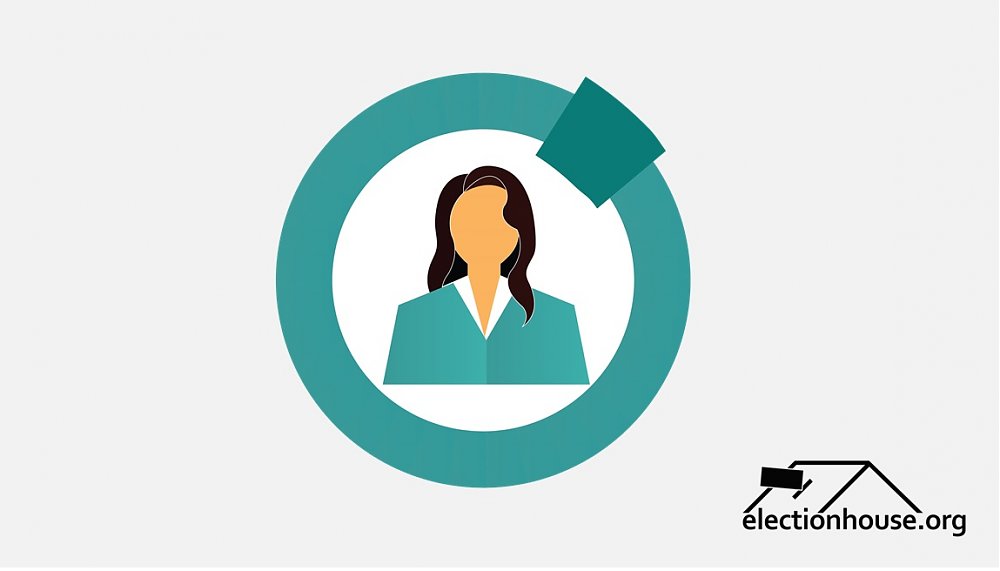Chairman of the Indonesian Legal Aid Foundation or YLBHI, Muhammad Isnur, said the nomination process in the presidential election in Indonesia is restricted. The presidential nomination threshold, which requires presidential and vice-presidential candidates to get support from at least 20 percent of the seats in the House of Representatives (DPR) or 25 percent of the votes in the last house of representative election, limits the number of presidential and vice-presidential candidates.
"From the beginning, the legal framework closed the door to open up wider opportunities with the presidential threshold. Presidential pairs can only be proposed by a handful of parties," Isnur said at the discussion "Revealing the Lack of Women Presidential and Vice Presidential Candidates" in Jakarta, Thursday (30/3).
Nurul Amalia Salabi, a researcher at the Association for Elections and Democracy or Perludem, sees the tough requirements for presidential and vice-presidential candidates as an obstacle for women. Only few women have influential positions in political parties, making it difficult to convince a party or several parties to endorse them as presidential or vice presidential candidates. There are no affirmative actions in executive elections for women, either in presidential or regional head elections.
Amalia also mentioned that women experience obstacles in cultural and public spaces. Based on the results of Perludem's monitoring of eight national news television stations, television covers more male politicians than female politicians. As a result, female politicians are not as popular as male politicians, and the public is more familiar with male politicians.
"The reason why women politicians are rarely reported by the media could be because the media lacks a gender perspective, or it could also be because parties rarely provide opportunities for their female cadres to speak. When talking about politics and elections, there are a lot of all male panels on our television," explained Amalia.
Jentera College of Law (STH) constitutional law expert Bivitri Susanti said that political parties do not even nominate party cadres in the presidential election. Some of the names of presidential candidates that have emerged, such as Anies Baswedan and Erick Thohir, are not party cadres. There has been no support from political parties for women's politics if it is not considered to provide benefits for the party.
"So, it's not just a matter of women or men, but even parties do not prioritize their own cadres," said Bivitri.
INFID program officer Rizka Antika emphasized the importance of narratives that educate the public about women's leadership styles. Women's bodily experiences that are different from men's make women have different leadership styles. Feminine leadership is more successful when dealing with crises, and women work more collaboratively.
"It is necessary to open up space for new variants in the type of leadership characteristics, that there are many leadership styles, and feminine leadership from women is also successful. Well, this characteristic of women is actually the strength of women," Rizka concluded.











